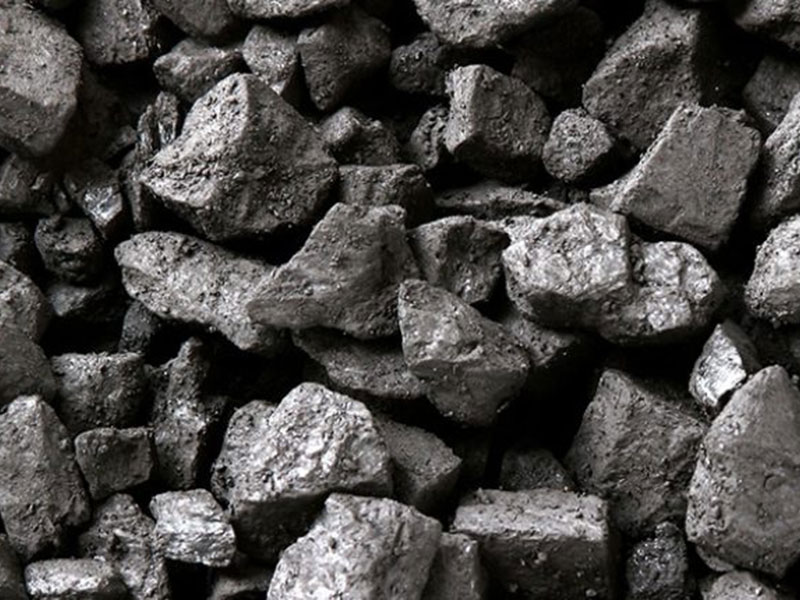Metallurgy
Coke is a material with very high carbon and few impurities that is used as fuel. Coke is a solid carbonate material obtained from low-ash and low-sulfur bituminous coals. The coke obtained from coal is gray in color, hard and porous. The presence of ash in the coke increases the consumption of coke and limestone in the blast furnace and reduces the production capacity of coking batteries. Metallurgical coke is a porous material and in Blast furnace is used and it is one of the main uses of coke in metallurgical industries. Coke in the blast furnace has different roles of providing energy, regenerating iron ores, creating porosity for the passage of regenerating gases and carburizing cast iron.
Low sulfur coke
Low-sulfur granulated graphite, which is one of the processed products of petroleum, is a pure type of petroleum coke. This product is produced from different reactions of petroleum coke at a temperature of 2,500 to 3,500 degrees Celsius.
For this reason, it has a high carbon percentage and a lower sulfur percentage. This product is used in casting industries to increase carbon in the production of cast iron, steel and alloys, and it is also widely used in plastic and rubber industries.
persulfur coke
Graphite persulfur or petroleum coke are added to carbonize the melt. Petroleum coke contains more than 90% carbon and releases 5 to 10% more carbon than coal per unit of energy when burning. Petroleum Coke Graphite (or Granular Graphite) is a solid carbon material obtained from oil refining or other activation methods. Except for this product, the rest of the coke products are traditionally obtained from coal.



